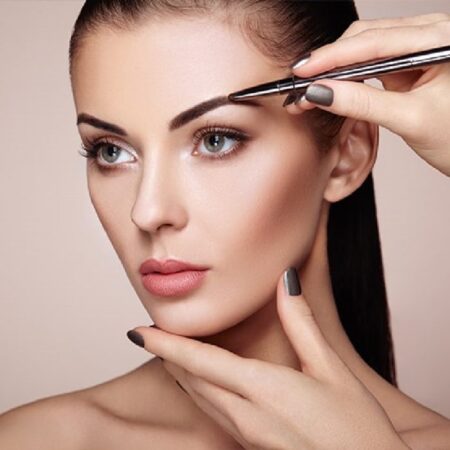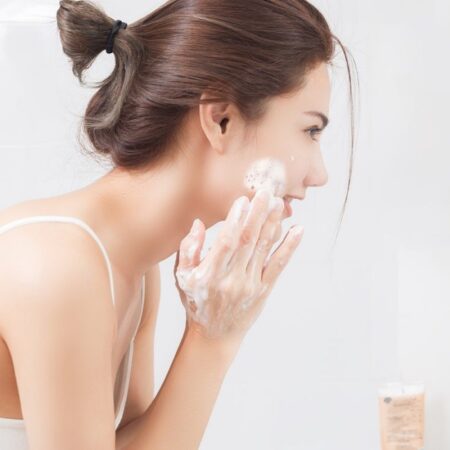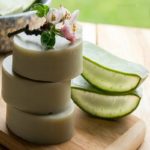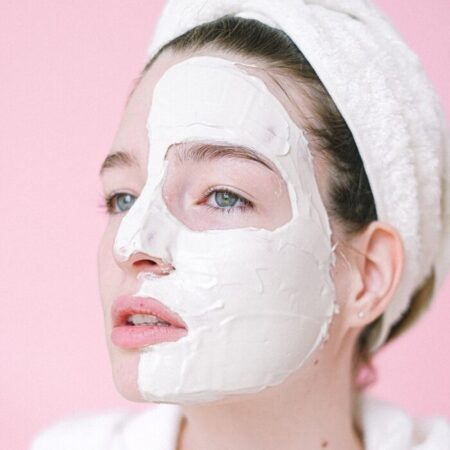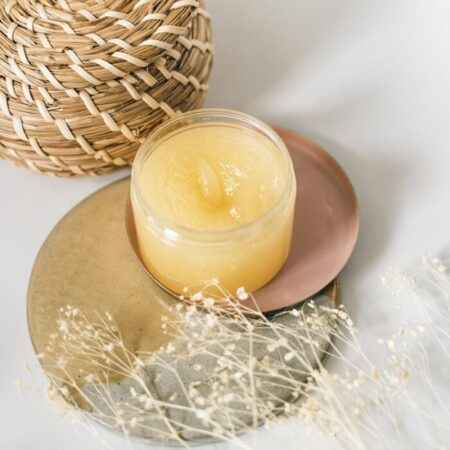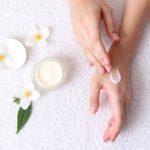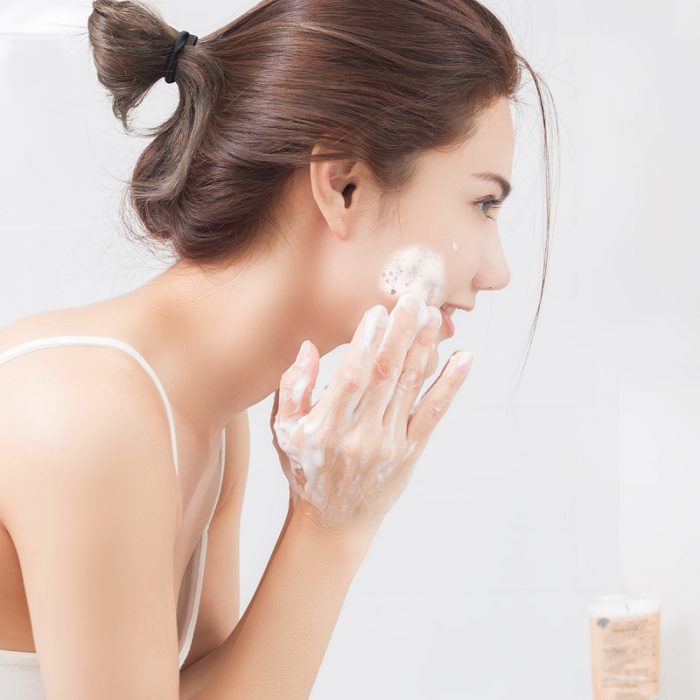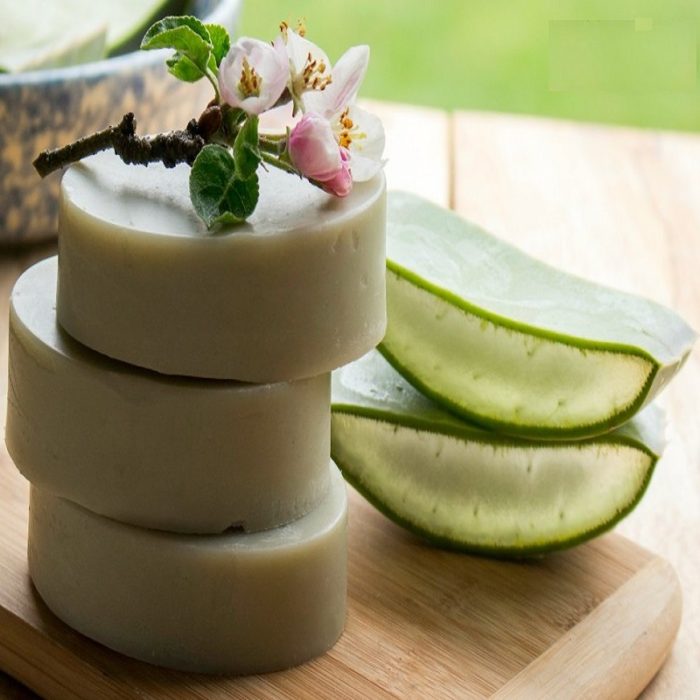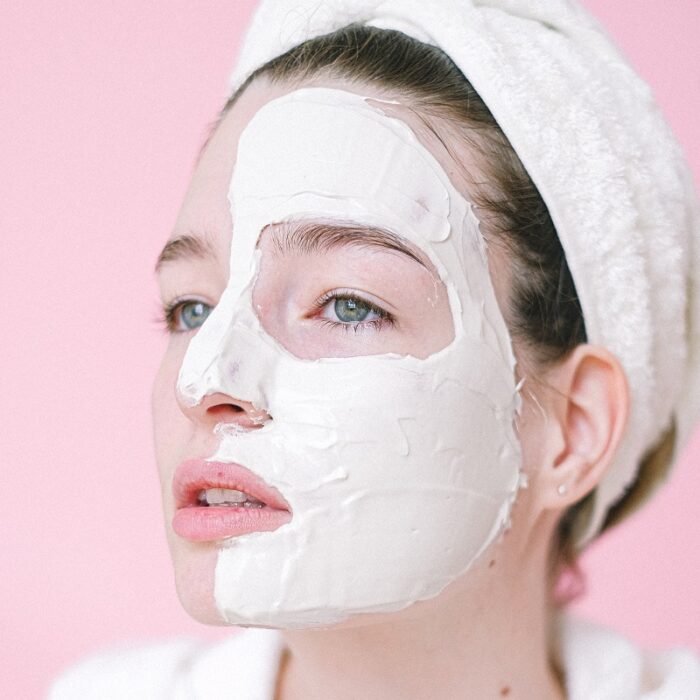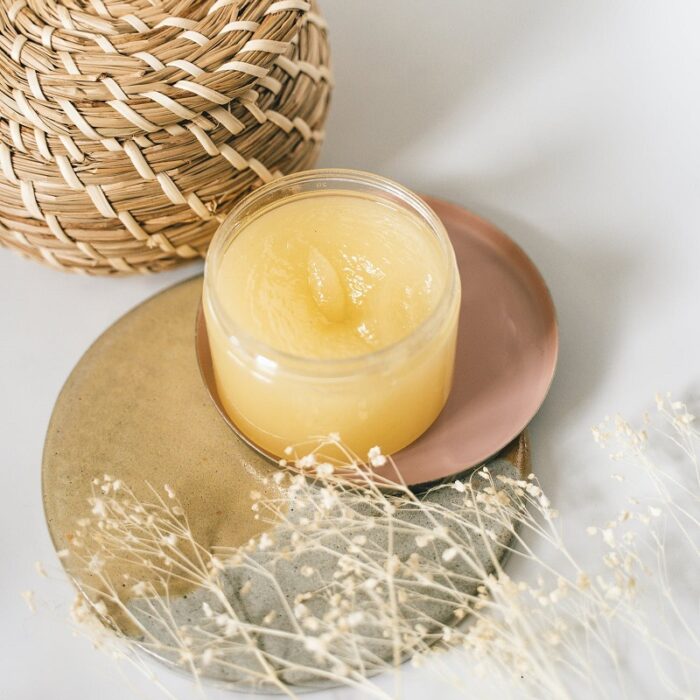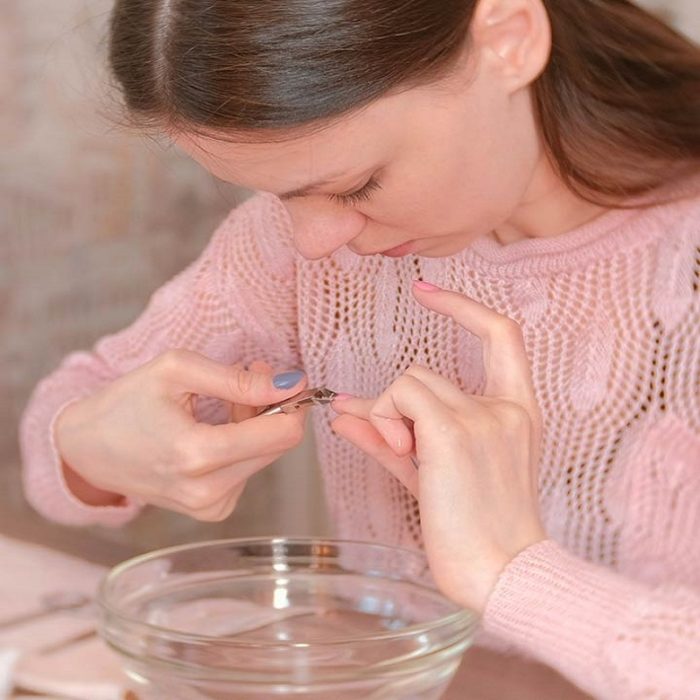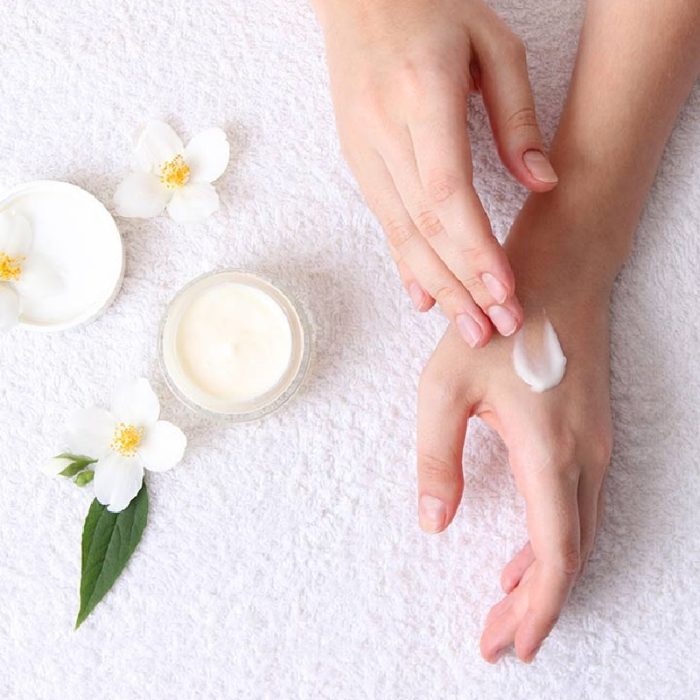Can You Use Witch Hazel On Your Face?

Witch hazel – the name itself sounds so mystical! This alluring ingredient is added to many skin care products like lotions, toners, and moisturizers. It is also fast becoming a popular natural remedy for acne treatment. But, how effective is witch hazel when it comes to facial care? Here, we discuss all the benefits of witch hazel for your face and how you can use it. Keep reading to know if there are any risks associated with it!
Is Witch Hazel Good For Your Skin?
Witch hazel is said to offer many benefits for your skin. Check them out below:
- Witch hazel has a high polyphenolic (micronutrient) content and antioxidant properties. It may also offer anti-aging benefits by inhibiting elastase and collagenase (1). Collagenase and elastase are dermal enzymes that break down elastin and collagen, which are responsible for keeping your skin tight and firm.
- Witch hazel has astringent (pore tightening) and antiseptic properties and is often used in skin care products for the same. These qualities make witch hazel an effective remedy for skin problems such as acne (1).
- Witch hazel also reduces the inflammation caused by acne, psoriasis, and eczema (1), (2).
- Witch hazel contains tannins that have many therapeutic properties for the skin. These tannins seal the external layers of the skin and make them waterproof to protect the internal layers. These tannins also heal small cuts and treat superficial burns. They improve tissue regeneration and retain hydration. Tannins also have antimicrobial and antioxidant qualities which make them ideal for anti-aging products (2).
- Witch hazel can be used as an aftershave and to ingrown nails, cracked or blistered skin, and insect bites (2).
- Witch hazel has been shown to have antibacterial effects on bacteria such as Candida albicans, E.coli, and Staphylococcus aureus. This suggests that it might be helpful in treating microbial skin conditions like intertrigo dramatis and atopic dermatitis (2).
- Witch hazel may also be used to treat poison ivy rash and chickenpox and heal bruises or cuts aggravated by viruses and bacteria (2).
- Witch hazel can protect the skin and prevent any blemishes from appearing (3).
- Witch hazel water can help reduce minor skin issues such as roughness, soreness, and irritation (4).
Wondering if witch hazel is safe to apply on the face? Find out in the next section!
Can Witch Hazel Be Used On The Face?
Yes, witch hazel can be used on the face. It is often used in astringents for its cleansing properties. It is found in many commercial astringents. It is also used in skin conditioning products.
Witch hazel is considered safe to use on the face as it cannot penetrate the deeper layers of the skin. It protects your face from skin conditions like acne. It also reduces roughness and irritation. When used on damaged and irritated skin, witch hazel was found to not cause any adverse effects (5). However, at higher concentrations, it may dry out the skin and cause irritation due to its astringent property.
- Witch hazel is a natural product that does not change the pH level of the skin (6). (Changes in the pH level of the skin may cause dryness and irritation.)
- Research also shows that witch hazel can be used to control pimple formation and as a toning solution for oily skin (7). It may also protect the skin from sun damage, though there is not enough scientific evidence to prove the same.
- Witch hazel also contains pycnogenol, which reduces the signs of aging like wrinkles (8).
Much has been said about witch hazel and its benefits for acne-prone skin. Read on to find out exactly how witch hazel treats acne.
Witch Hazel And Acne: How Does It Help?
One of the causes of acne is a bacteria called Staphylococcus aureus (2). Research shows that witch hazel (at a 100 mg/ml concentration) can inhibit the growth and activity of this bacteria since it has antibacterial properties. It also works well on oily skin, which may be more susceptible to acne, due to its astringent property (3).
Apart from this, witch hazel may also help repair minor scars that may be caused by acne breakouts. Witch hazel has skin-soothing properties that can relieve acne inflammation effectively (9).
Research also shows that witch hazel can be used to treat acne-prone skin to prevent any further infection (6). It is gentle, non-irritating, and non-drying on the skin. It cleanses and tones acne-infected and acne-prone skin. It tightens the pores and reduces inflammation. It also prevents water loss and redness (6).
Here are some ways you can use witch hazel on the face.
How To Use Witch Hazel On The Face
- Some witch hazel formulas may contain other ingredients like alcohol which may dry out the skin. Instead, opt for pure witch hazel solutions. Witch hazel can be directly applied to the skin.
- You can use witch hazel water, which is a blend of witch hazel and water. This can help soothe the skin and treat roughness and irritation.
- You can pair witch hazel with other natural herbs and oils. The additional ingredients –with their unique skin care benefits – can improve skin appearance, health, and texture.
- You can use products that contain witch hazel such as toners, astringents, and moisturizers.
Although witch hazel has shown many benefits in skin care, its oral supplements have no recorded benefits.
It is advisable to consult a dermatologist to figure out the concentration of witch hazel that will suit your skin.
Witch hazel is used in many skin care products, but how safe is it?
Risks Of Using Witch Hazel On The Face
Witch hazel is safe to use on the skin as it does not change the pH level of the skin (6). Research shows that witch hazel does not aggravate damaged and irritated skin (5). However, it is advised to perform a patch test before you start using it on your face.
There are some witch hazel solutions that contain alcohol which can dry out the skin. If you notice any dryness on the skin after using witch hazel, you can pair it with moisturizing ingredients like aloe vera gel.
Conclusion
Witch hazel has many skin benefits. Using it can clear and tighten your skin and reduce inflammation and acne breakouts. It may even prevent bacterial, viral, and fungal infections on the skin. But if you notice any dryness or redness, please consult a dermatologist before proceeding with further usage.
References
Antioxidant And Potential Anti-Inflammatory Activity Of Extracts And Formulations Of White Tea, Rose, And Witch Hazel On Primary Human Dermal Fibroblast Cells,
https://www.ncbi.nlm.nih.gov/pmc/articles/PMC3214789/
Antibacterial Activity And Medical Properties Of Witch Hazel Hamamelis Virginiana,
https://www.journal.atmph-specialissues.org/uploads/179/8028_pdf.pdf
Current Review On Herbs For Derma Care,
https://opendermatologyjournal.com/contents/volumes/V13/TODJ-13-41/TODJ-13-41.pdf
Assessment Report On Hamamelis Virginiana L., Cortex Hamamelis Virginiana L., Folium Hamamelis Virginiana L., Folium Et Cortex Aut Ramunculus Destillatum ,
https://www.ema.europa.eu/en/documents/herbal-report/assessment-report-hamamelis-virginiana-l-cortex-hamamelis-virginiana-l-folium-hamamelis-virginiana-l_en.pdf
Safety Assessment Of Hamamelis Virginiana (witch Hazel)-Derived Ingredients As Used In Cosmetics,
https://www.cir-safety.org/sites/default/files/witchhazel.pdf
A Review Of Phytotherapy Of Acne Vulgaris,
http://bulletin.mfd.org.mk/volumes/Volume55/55_001.pdf
Bioactive Compounds From Natural Resources Against Skin Aging,
http://www.pnei-it.com/1/upload/bioactive_compounds_from_natural_resources_against_skin_aging.pdf
Pycnogenol: A Miracle Component In Reducing Ageing And Skin Disorders,
https://www.longdom.org/open-access/pycnogenol-a-miracle-component-in-reducing-ageing-and-skin-disorders-2155-9554-1000395.pdf
Moisturizers For Acne,
https://www.ncbi.nlm.nih.gov/pmc/articles/PMC4025519/








